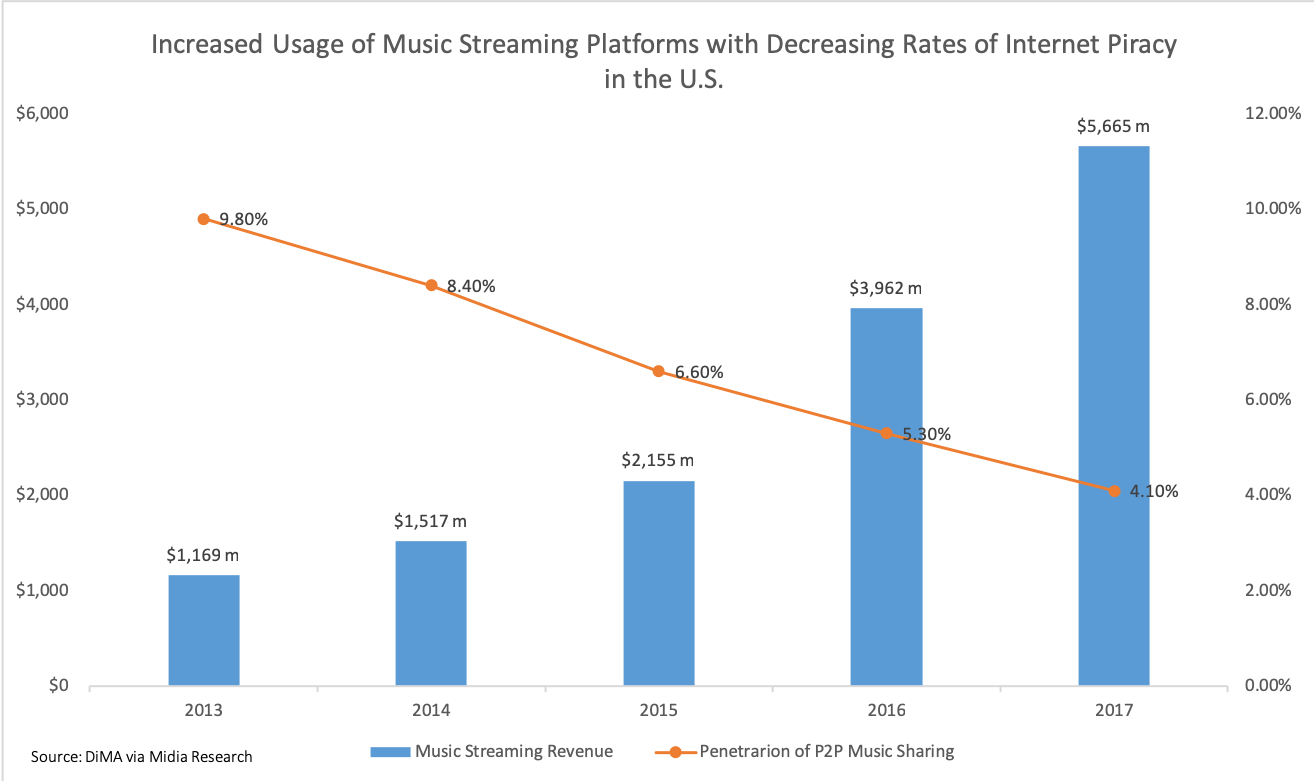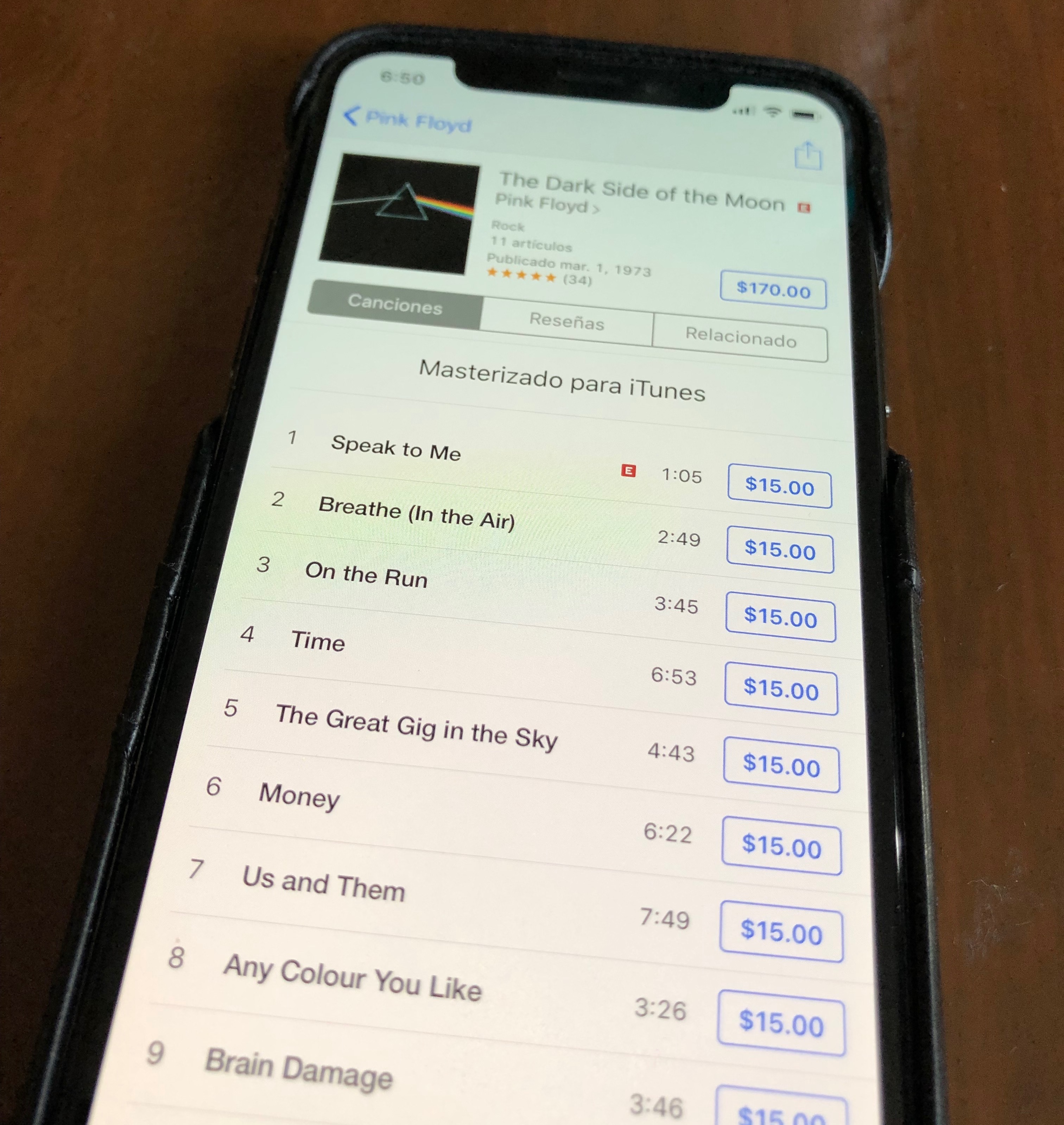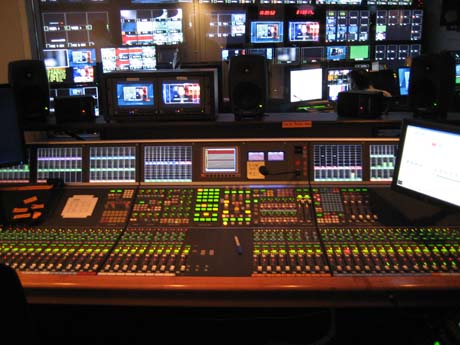|
Play (Yuju Song)
"Play" () is a song recorded by South Korean singer Yuju for her debut extended play ''Rec.''. It was released as the lead single on January 18, 2022, by Konnect Entertainment. The song was written by Yuju alongside Chancellor, Amelia Moore, and MZMC, composed by Yuju, Chancellor, and MZMC, and arranged by Pinkslip, Inverness, and MZMC. Background and release On January 3, 2022, Konnect Entertainment announced that Yuju will be making her solo debut with extended play '. The following day, the promotional schedule was released. On January 5, "Play" was announced as the lead single for the extended play, in the same announcement, Yuju was announced to have written the lyrics and composed the song. On January 12, the first teaser for the music video was released. On January 17, the second teaser for the music video was released. On January 18, the song along with the music video was released. Composition "Play" was written by Yuju alongside Chancellor, Amelia Moore, and MZMC, comp ... [...More Info...] [...Related Items...] OR: [Wikipedia] [Google] [Baidu] |
Yuju (singer)
Choi Yu-na (; born October 4, 1997), better known by her stage name Yuju (), is a South Korean singer-songwriter. She rose to fame in 2015 as a member of the South Korean girl group GFriend and became known for her vocals, having participated in various singing competitions. After GFriend's exclusive contract ended, Yuju debuted as a solo artist with the extended play (EP) ''Rec.'' in 2022 and took creative control over her works. Yuju's accolades include individual awards from the K-Global Heart Dream Awards, Hanteo Music Awards, and Seoul Music Awards. Her chart-topping duet song "Spring Is Gone by Chance" for the television Korean drama, series ''A Girl Who Sees Smells'' soundtrack won Best OST at the 2015 Melon Music Awards. Early life and education Yuju was born Choi Yu-na on October 4, 1997 in Goyang, South Korea, as the youngest of two daughters in her family. From an early age, Yuju enjoyed sports, dancing and singing. In her first year of middle school, Yuju won a sing ... [...More Info...] [...Related Items...] OR: [Wikipedia] [Google] [Baidu] |
Inkigayo
''Inkigayo'' (; English title: ''The Music Trend'', previously ''Popular Song'') is a South Korean music program broadcast by SBS. It airs live every Sunday. The show features some of the latest and most popular artists who perform on stage. It is broadcast from the SBS Open Hall in Deungchon-dong, Gangseo-gu, Seoul. History ''Inkigayo'' debuted as ''SBS Popular Song'' in 1991 as a chart show, but was canceled in fall 1993 because it was replaced by TV Gayo 20 (TV 가요20). It was later revived in 1998 with its original title and format. In 2003, the chart format was removed and was replaced by ''Take 7'', where seven of the most popular artists from the week are featured and the most popular artist receives the award for ''Mutizen Song''. In spring 2007, the program changed from a recorded broadcast to a live broadcast in an effort to boost ratings, as well as changing the English name to ''The Music Trend''. On November 2, 2008, the program moved from 3:20 pm to 4:10 ... [...More Info...] [...Related Items...] OR: [Wikipedia] [Google] [Baidu] |
Songs In Korean
A song is a musical composition performed by the human voice. The voice often carries the melody (a series of distinct and fixed pitches) using patterns of sound and silence. Songs have a structure, such as the common ABA form, and are usually made of sections that are repeated or performed with variation later. A song without instruments is said to be a cappella. Written words created specifically for music, or for which music is specifically created, are called lyrics. If a pre-existing poem is set to composed music in the classical tradition, it is called an art song. Songs that are sung on repeated pitches without distinct contours and patterns that rise and fall are called chants. Songs composed in a simple style that are learned informally by ear are often referred to as folk songs. Songs composed for the mass market, designed to be sung by professional singers who sell their recordings or live shows, are called popular songs. These songs, which have broad appeal, are o ... [...More Info...] [...Related Items...] OR: [Wikipedia] [Google] [Baidu] |
Streaming
Streaming media refers to multimedia delivered through a network for playback using a media player. Media is transferred in a ''stream'' of packets from a server to a client and is rendered in real-time; this contrasts with file downloading, a process in which the end-user obtains an entire media file before consuming the content. Streaming is more commonly used for video on demand, streaming television, and music streaming services over the Internet. While streaming is most commonly associated with multimedia from a remote server over the Internet, it also includes offline multimedia between devices on a local area network. For example, using DLNA and a home server, or in a personal area network between two devices using Bluetooth (which uses radio waves rather than IP). Online streaming was initially popularized by RealNetworks and Microsoft in the 1990s and has since grown to become the globally most popular method for consuming music and videos, with nume ... [...More Info...] [...Related Items...] OR: [Wikipedia] [Google] [Baidu] |
Music Download
A music download is the digital transfer of music via the Internet into a device capable of decoding and playing it, such as a personal computer, portable media player, MP3 player or smartphone. This term encompasses both legal downloads and downloads of copyrighted material without permission or legal payment. Music downloads are typically encoded with modified discrete cosine transform (MDCT) audio data compression, particularly the Advanced Audio Coding (AAC) format used by iTunes as well as the MP3 audio coding format. According to a Nielsen report, downloadable music accounted for 55.9 percent of all music sales in the US in 2012."All music sales" refers to albums plus track equivalent albums. A track equivalent album equates to 10 tracks. By the beginning of 2011, Apple's iTunes Store alone made 1.1 billion of revenue in the first quarter of its fiscal year. According to the RIAA, music downloads peaked at 43% of industry revenue in the US in 2012, and has ... [...More Info...] [...Related Items...] OR: [Wikipedia] [Google] [Baidu] |
Gaon Music Chart
The Circle Chart (), previously known as the Gaon Music Chart or the Gaon Chart (), tabulates the relative weekly popularity of songs and albums in South Korea. Founded in 2010, it is produced by the Korea Music Content Association and sponsored by South Korea's Ministry of Culture, Sports and Tourism. History Gaon Chart was launched in February 2010 by the Korea Music Content Association, under the sponsorship of the South Korean Ministry of Culture, Sports and Tourism, with the aim to create a domestic national chart similar to the ''Billboard'' charts of the United States and the Oricon charts of Japan. The word ''gaon'', which means 'middle' or 'center' in Korean, was chosen to represent fairness and reliability. The chart started tracking sales from the beginning of that year. A small awards ceremony was held in conjunction with the launch ceremony on February 23, at the Westin Chosun hotel in Seoul. Girl group Girls' Generation was awarded the Top Artist of Januar ... [...More Info...] [...Related Items...] OR: [Wikipedia] [Google] [Baidu] |
Arrangement
In music, an arrangement is a musical adaptation of an existing composition. Differences from the original composition may include reharmonization, melodic paraphrasing, orchestration, or formal development. Arranging differs from orchestration in that the latter process is limited to the assignment of notes to instruments for performance by an orchestra, concert band, or other musical ensemble. Arranging "involves adding compositional techniques, such as new thematic material for introductions, transitions, or modulations, and endings. Arranging is the art of giving an existing melody musical variety".(Corozine 2002, p. 3) In jazz, a memorized (unwritten) arrangement of a new or pre-existing composition is known as a ''head arrangement''. Classical music Arrangement and transcriptions of classical and serious music go back to the early history of classical music. Eighteenth century J. S. Bach frequently made arrangements of his own and other composers' p ... [...More Info...] [...Related Items...] OR: [Wikipedia] [Google] [Baidu] |
Musical Composition
Musical composition can refer to an Originality, original piece or work of music, either Human voice, vocal or Musical instrument, instrumental, the musical form, structure of a musical piece or to the process of creating or writing a new piece of music. People who create new compositions are called composers. Composers of primarily songs are usually called songwriters; with songs, the person who writes lyrics for a song is the lyricist. In many cultures, including Western classical music, the act of composing typically includes the creation of music notation, such as a sheet music, sheet music "score", which is then performed by the composer or by other musicians. In popular music and Folk music, traditional music, songwriting may involve the creation of a basic outline of the song, called the lead sheet, which sets out the melody, lyrics and chord progression. In classical music, orchestration (choosing the instruments of a large music ensemble such as an orchestra which will ... [...More Info...] [...Related Items...] OR: [Wikipedia] [Google] [Baidu] |
Audio Mastering
Mastering is a form of audio post production which is the process of preparing and transferring recorded audio from a source containing the final mix to a data storage device called a master recording, the source from which all copies will be produced (via methods such as pressing, duplication or replication). In recent years, digital masters have become usual, although analog masters—such as audio tapes—are still being used by the manufacturing industry, particularly by a few engineers who specialize in analog mastering. Mastering requires critical listening; however, software tools exist to facilitate the process. Results depend upon the intent of the engineer, their skills, the accuracy of the speaker monitors, and the listening environment. Mastering engineers often apply equalization and dynamic range compression in order to optimize sound translation on all playback systems. It is standard practice to make a copy of a master recording—known as a safety copy— ... [...More Info...] [...Related Items...] OR: [Wikipedia] [Google] [Baidu] |
Audio Mixing
Audio mixing is the process by which multiple sounds are combined into one or more audio channels. In the process, a source's volume level, frequency content, dynamics, and panoramic position are manipulated or enhanced. This practical, aesthetic, or otherwise creative treatment is done in order to produce a finished version that is appealing to listeners. Audio mixing is practiced for music, film, television and live sound. The process is generally carried out by a mixing engineer operating a mixing console or digital audio workstation. Recorded music Before the introduction of multitrack recording, all the sounds and effects that were to be part of a recording were mixed together at one time during a live performance. If the sound blend was not satisfactory, or if one musician made a mistake, the selection had to be performed over until the desired balance and performance was obtained. However, with the introduction of multitrack recording, the production phase of a ... [...More Info...] [...Related Items...] OR: [Wikipedia] [Google] [Baidu] |
Audio Recording
Sound recording and reproduction is the electrical, mechanical, electronic, or digital inscription and re-creation of sound waves, such as spoken voice, singing, instrumental music, or sound effects. The two main classes of sound recording technology are analog recording and digital recording. Acoustic analog recording is achieved by a microphone diaphragm that senses changes in atmospheric pressure caused by acoustic sound waves and records them as a mechanical representation of the sound waves on a medium such as a phonograph record (in which a stylus cuts grooves on a record). In magnetic tape recording, the sound waves vibrate the microphone diaphragm and are converted into a varying electric current, which is then converted to a varying magnetic field by an electromagnet, which makes a representation of the sound as magnetized areas on a plastic tape with a magnetic coating on it. Analog sound reproduction is the reverse process, with a larger loudspeaker diaphragm c ... [...More Info...] [...Related Items...] OR: [Wikipedia] [Google] [Baidu] |






